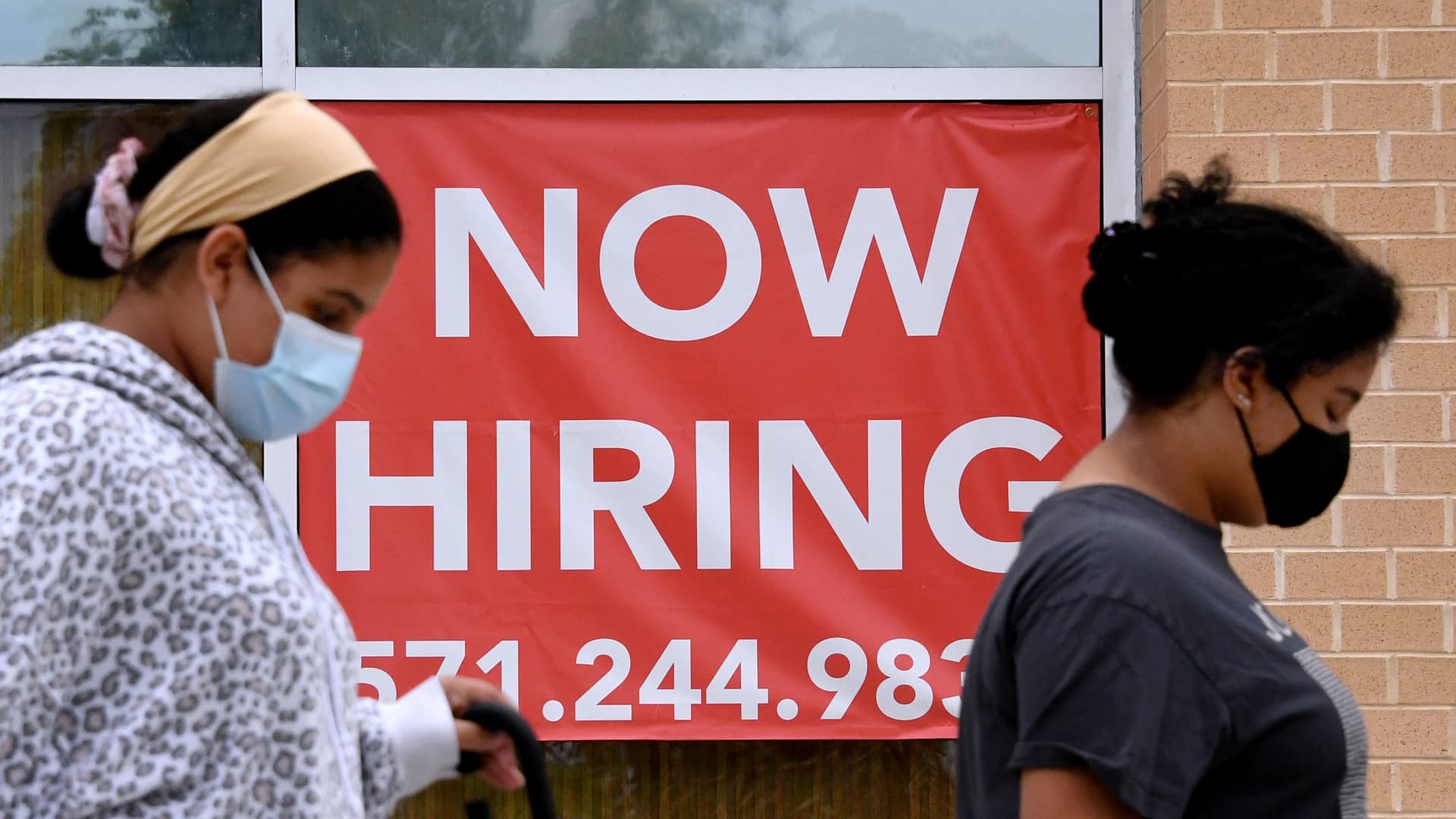The United States is considering imposing sanctions on one or more Israeli battalions accused of human rights abuses during operations in the occupied West Bank, according to a person familiar with the deliberations.
Israeli leaders, including Prime Minister Benjamin Netanyahu, on Saturday called the possibility that the Biden administration might impose such sanctions “the height of absurdity and a moral low point” at a time when Israeli forces are waging a war in Gaza lead against Hamas. Mr. Netanyahu said in a social media post that his government would oppose such a move “by all means possible.”
The news of the possible sanctions, which Axios previously reported, came just a day after the House of Representatives approved $26 billion for Israel and humanitarian aid for civilians in conflict zones, including Gaza. If imposed, the sanctions would not stop the military aid just approved in Congress.
On Sunday, Palestinians in the West Bank went on a general strike to protest a deadly Israeli military attack on a refugee camp. At least ten people were killed in Saturday’s raid. It was the latest deployment of a wide-ranging economic and security measure in Israeli-occupied territory.
Since the Hamas-led attacks on Israel on Oct. 7, hundreds of Palestinians have been killed and detained in raids in the West Bank that Israeli officials describe as counterterrorism operations against Hamas and other armed groups.
According to the official Palestinian news agency Wafa, Sunday’s strike in the West Bank “paralyzed all aspects of life” and closed shops, schools, universities and banks. Public transport was also stopped.
The possible imposition of sanctions on the Netzah Yehuda and other battalions would fall under the so-called Leahy Law of 1997, which bars foreign military units accused of human rights abuses from receiving U.S. aid or training.
It was not clear what practical impact any sanctions might have, given that funding for certain Israeli units is difficult to track and the battalions in question do not receive American training. But such a punitive measure would clearly be painful, especially coming from Israel’s closest ally.
Netzah Yehuda, which has been accused of violence against Palestinians in the West Bank in the past, was set up for ultra-Orthodox Jewish men whose strict religious observance requires the separation of men and women. The battalion has also attracted other Orthodox soldiers, including hardline nationalists from the West Bank settler movement.
One of the most egregious incidents attributed to Netzah Yehuda Battalion involved the death of a 78-year-old Palestinian-American man who was arrested, gagged and handcuffed by members of the unit during a nighttime raid on his village in January 2022.
An autopsy revealed that the man, Omar Abdelmajed Assad, had died of a stress-induced heart attack resulting from injuries sustained during his detention. An investigation by the Israeli military’s judiciary found errors in the conduct of the soldiers involved, who, the military said, “acted in a manner that did not meet the requirements and expectations of Israeli soldiers.”
The Israeli military imposed disciplinary measures on three unit commanders following the investigation. However, no criminal charges were filed against the soldiers because, according to the military, no causal connection could be established between Mr. Assad’s death and the soldiers’ misconduct.
Human rights organizations have long accused Israel’s military justice system of whitewashing wrongdoing and accusing the military of acting with impunity.
The Biden administration has alerted Israel to increasing settler violence against Palestinians and anti-settlement activists in the occupied West Bank and has imposed financial and travel sanctions on several individuals and most recently on two grassroots organizations that raise funds for some of these individuals.
Benny Gantz, a centrist member of Mr. Netanyahu’s war cabinet and a former military chief, said imposing sanctions on Israeli military units would set “a dangerous precedent.”
The blistering accusations came just hours after Israeli officials welcomed the bipartisan vote in Congress to approve billions in aid to Israel, underscoring the dramatic fluctuations and contradictions that have characterized recent relations between President Biden and Mr. Netanyahu.
Mr. Biden has rebuked Mr. Netanyahu over the deaths of civilians in Gaza and yet has come to Israel’s aid in repelling an attack from Iran this month and providing weapons for the war in Gaza.
Israel’s Defense Minister Yoav Gallant said he recently spoke with Secretary of State Antony J. Blinken and U.S. Ambassador to Israel Jacob J. Lew.
“Our friends and our enemies are closely watching the relationship between Israel and the United States, now more than ever,” Gallant said in a statement early Monday. “I call on the US government to withdraw its intention to impose sanctions on Netzah Yehuda Battalion.”
Mr Biden has faced months of criticism and anger – even from some members of his own party – over his support of Israel’s war in Gaza, as the death toll there has risen and any imposition of sanctions against an Israeli entity could be seen as an attack a kind of counterweight. According to Gaza health authorities, more than 34,000 Palestinians have been killed in the six months of war.
Mick Mulroy, a former CIA officer and senior Pentagon official, said in an interview that imposing such sanctions on a close ally like Israel was unusual and therefore “should send a message.”
Charles Blaha, the former director of the State Department’s Office for Democracy and Human Rights, said he hoped any decision to impose sanctions would “create incentives for Israel to improve accountability.”
Sunday’s general strike in the West Bank was not the first protest shutdown in the area in recent months. Israeli authorities have tightened restrictions there since Oct. 7, canceling thousands of permits that allowed Palestinians to work in Israel and squeezing the economy in the West Bank, where about 500,000 Israeli settlers live alongside about 2.7 million Palestinians life.
Violence in the West Bank has increased sharply in recent months. According to the Palestinian Ministry of Health, nearly 500 Palestinians have been killed by Israeli forces there since the start of the Israel-Hamas war.
Source link
2024-04-22 12:54:50
www.nytimes.com








